Once a British colony, South Africa was ruled by an oppressive minority white government well into the twentieth century. A long and largely peaceful struggle finally ended the harsh, institutionalized racial segregation, known by its Afrikaans name Apartheid (meaning apartness) in the early 1990s.
One man became the face of the struggle of the majority of South Africans and their ultimate, hard-won victory – Nelson Mandela.
Nelson Rolihlahla Mandela is born in Mvezo, South Africa, on July 18, 1918. As a young man, he participated in protests against the government. Later, he joined the African National Congress and was instrumental in setting up the ANC Youth League (ANCYL).
Arrested for his role in organizing protests and civil disobedience movements, Mandela became more and more involved in the revolution to end his country's separatist, oppressive rule.
Madiba, as he was often referred to, once said, "It is said that no one truly knows a nation until one has been inside its jails. A nation should not be judged by how it treats its highest citizens, but its lowest ones."
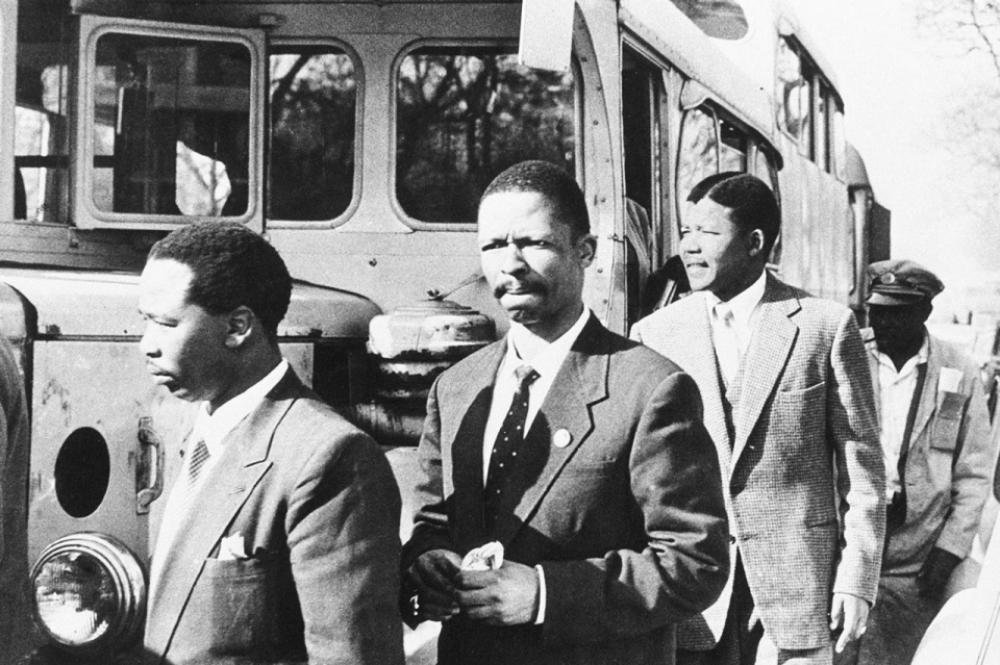
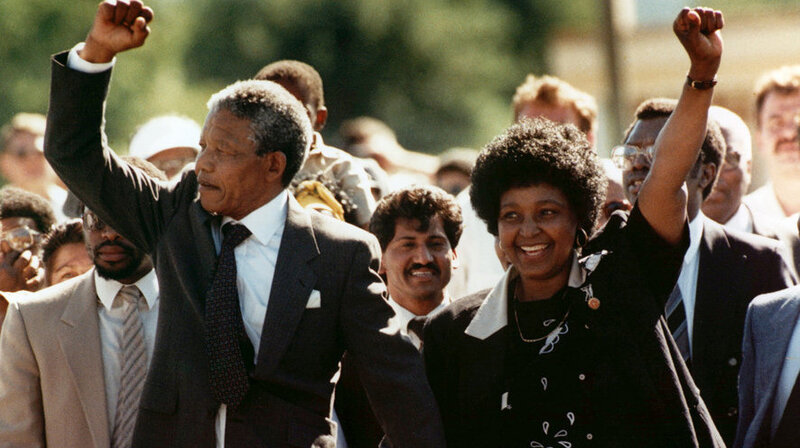
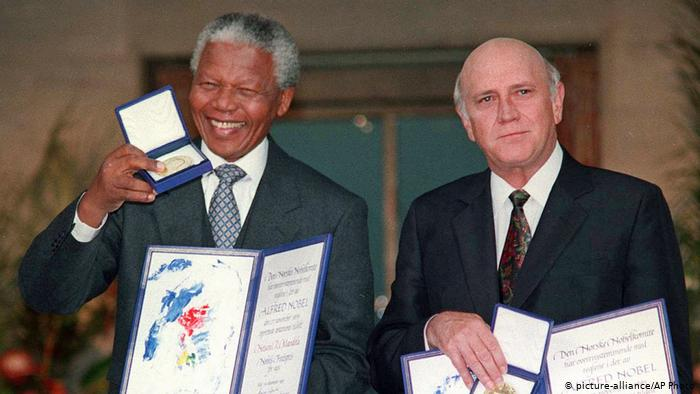
In turn, Mandela's lengthy incarceration and experiences led to the United Nations Standard Minimum Rules for the Treatment of Prisoners, known as the Mandela Rules. It lays down rules "to treat all prisoners with respect for their inherent dignity and value as human beings, and to prohibit torture and other forms of ill-treatment."
In total, Nelson Mandela spent around twenty-seven years in prison. Instead of becoming bitter and vengeful, he spent the time studying, reflecting and meditating to emerge a compassionate human being. Deeply inspired by Mahatma Gandhi's teachings, Mandela assimilated and emulated many of them in his fight for equality and freedom. He chose the path of non-violence and became an advocate of unity and reconciliation.
He is quoted as saying, "It is easy to break down and destroy. The heroes are those who make peace and build."
As sad as it is to acknowledge, people have treated fellow humans abhorrently through various instances in the past. While none of it can be undone, one can avoid repeating them. On the one hand, humans are exploring space tourism. On another, the world is fighting a non-discriminating virus that has spared no race or nation. Yet, even today, in places near and far, individuals and societies are judged, oppressed, humiliated, and wronged based on the color of their skin!
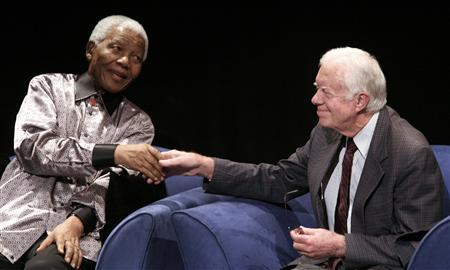
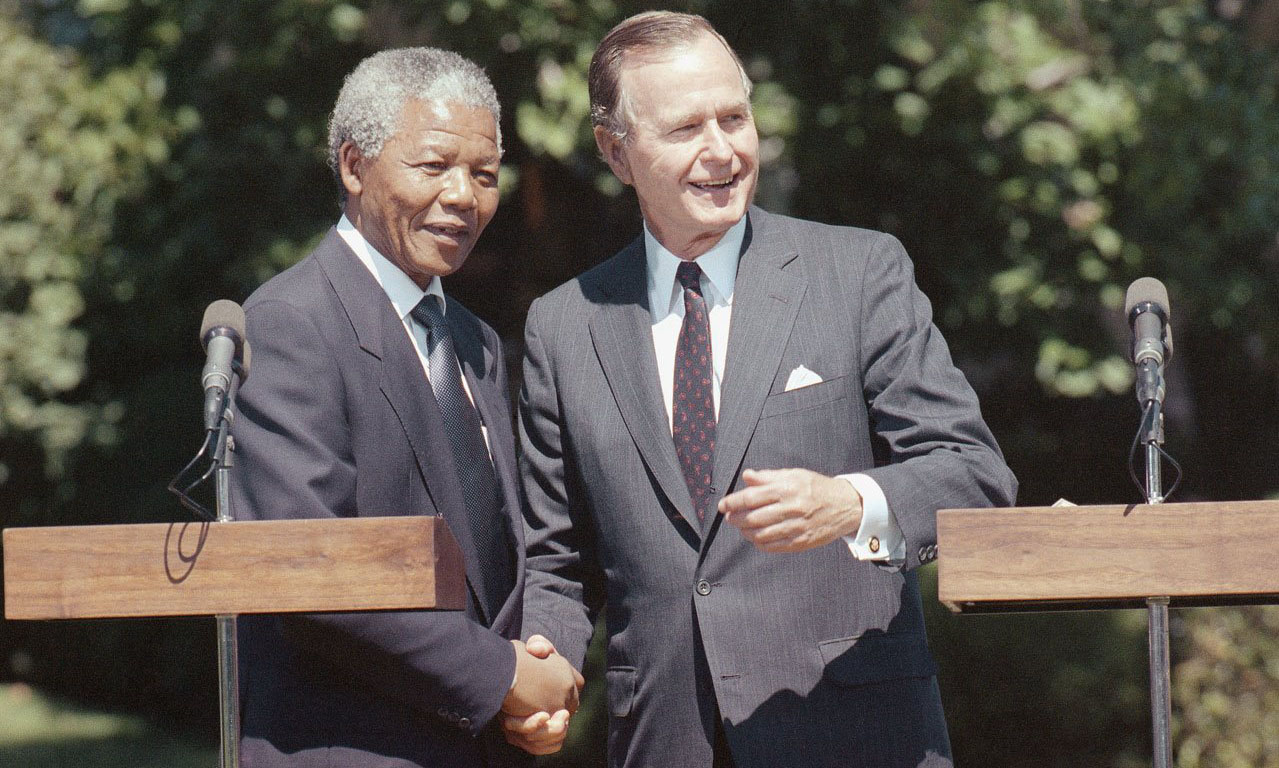
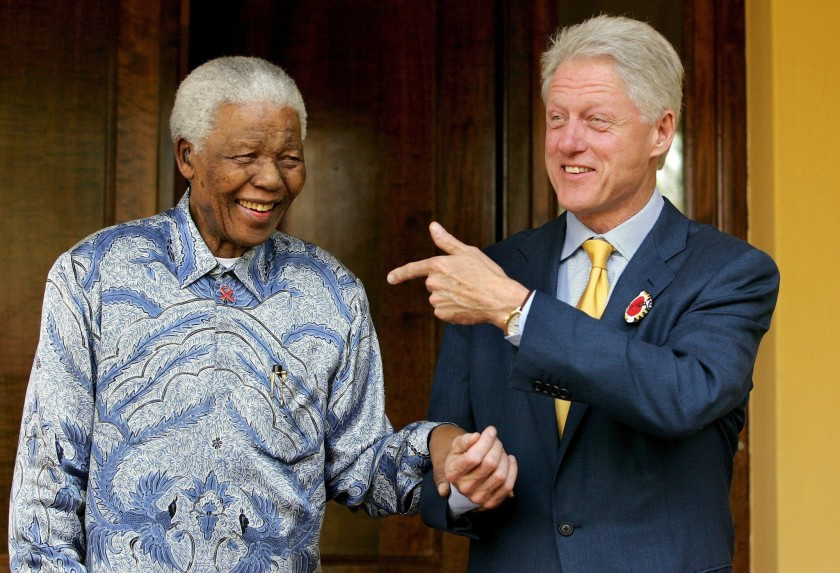
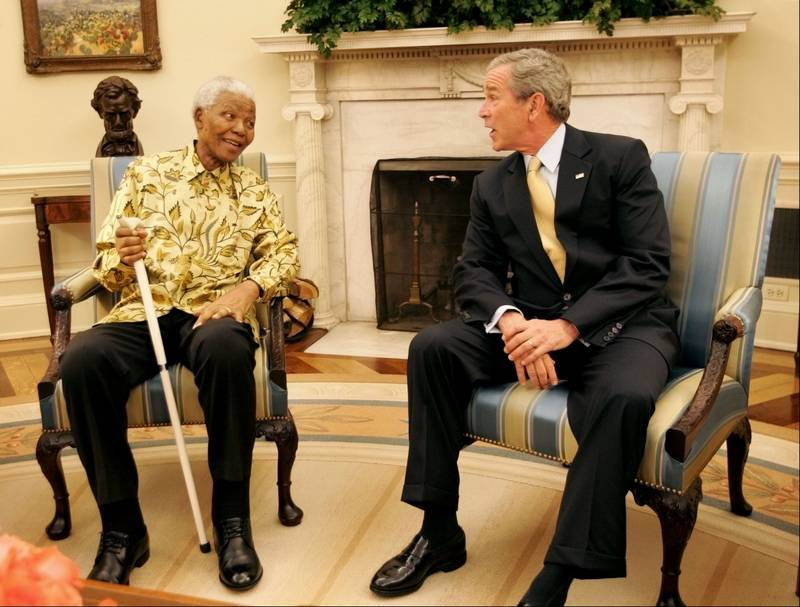
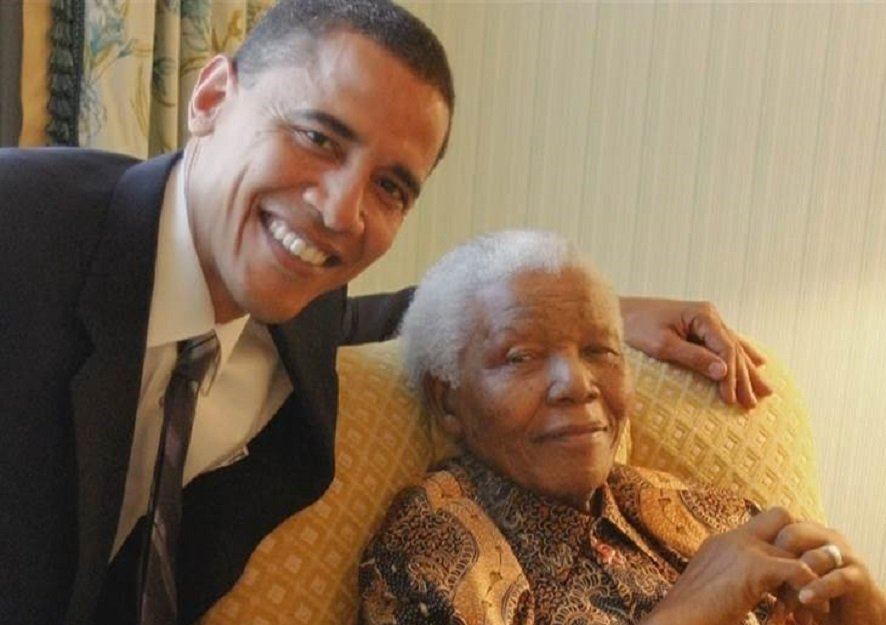
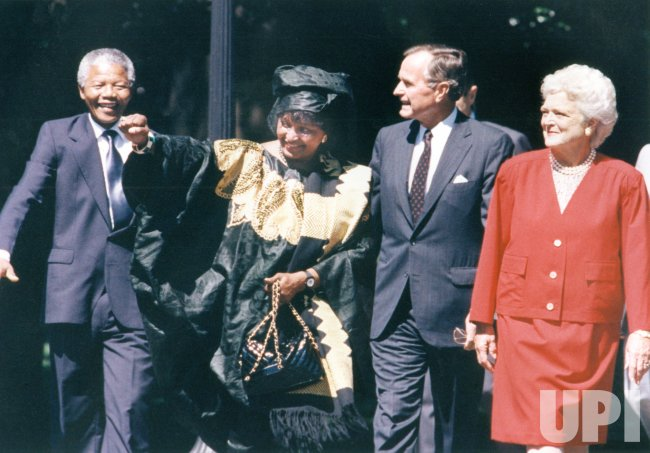
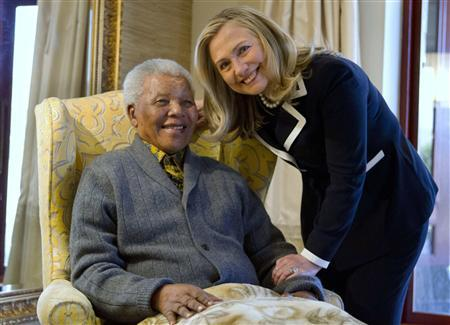
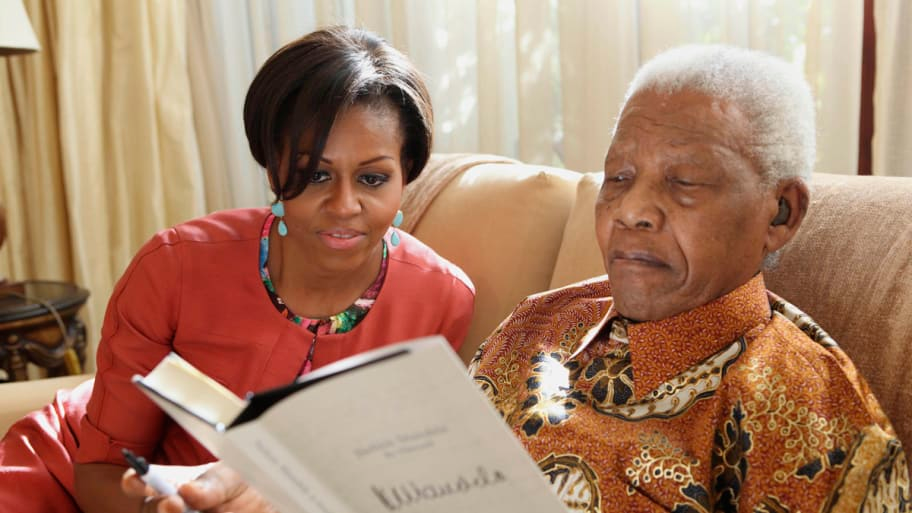
The United Nations declared July 18 "Nelson Mandela International Day to commemorate this special man and his extraordinary life." It is a recognition of Mandela's values and his dedication to the service of humanity in: conflict resolution; race relations; promotion and protection of human rights; reconciliation; gender equality and the rights of children and other vulnerable groups; the fight against poverty; the promotion of social justice. The resolution acknowledges his contribution to the struggle for democracy internationally and the promotion of a culture of peace throughout the world.
Nelson Mandela is a beacon of hope for all those who believe all men are created equal. His life is a lesson in endurance, forgiveness, and unity.









